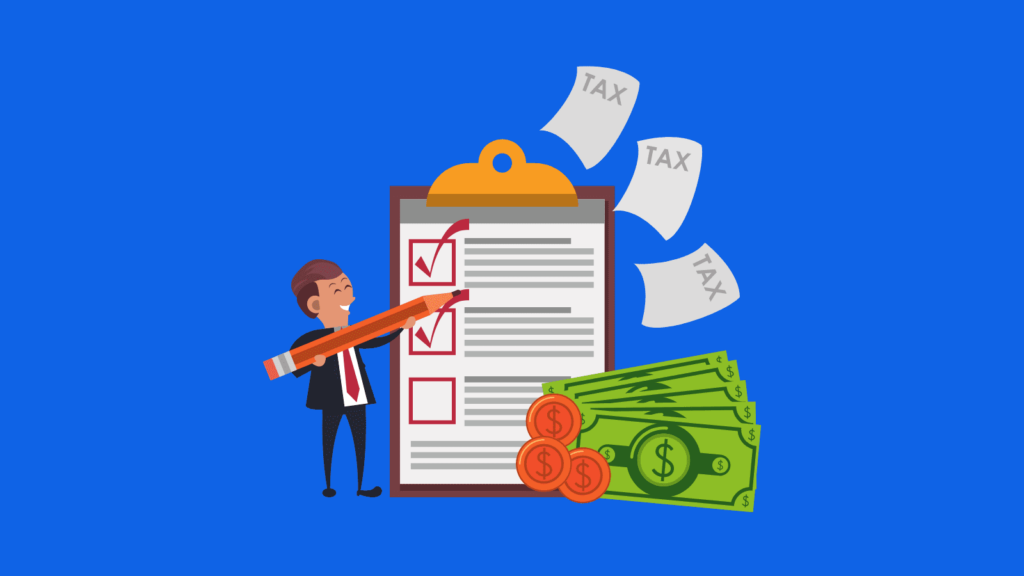5 Essential Business Tasks to Outsource for Maximum Growth and Efficiency
January 10, 2023

peakreliance
Accounting, Bookkeeping
When you’re just getting started with your business, it can feel like there are a million things you need to do. In fact, that’s probably accurate! There are a million little details and tasks involved in starting and maintaining any business. However, not all of them are essential to the success of your company. You don’t need to do everything yourself to make your business a success; in fact, there are lots of things you can outsource so you have more time and energy to focus on what matters most. Outsourcing is an excellent way for small businesses to keep costs low while focusing on their core competencies. Here are 5 things you should outsource when building your business:
Lead generation
If you’re focusing on lead generation, your goal is to create and nurture leads so that you can turn them into paying customers. That’s a massive amount of work, and it’s not something that you should try and do in addition to everything else you’re doing. If you’re running your own lead generation campaigns, you’re taking away time and energy that could be spent on other tasks. Instead, hire a company to take over lead generation so that you can focus on sales and converting those leads into customers. There are lots of ways to generate leads, but businesses often struggle with finding ways to effectively nurture those leads. Hire a company to handle your lead generation so that you can focus on other parts of your business.
Virtual assistants
If you’re starting a business full-time, you’re likely working 60 to 80 hours a week. That’s a lot of time invested in your business. There is, however, no rule that says that you must do everything yourself. No one can do everything, and the only way to be effective is if you outsource the parts of your job that you don’t enjoy. If you hate marketing, take on the task of bookkeeping instead. If you hate sales, focus on product development instead. You get the idea: hire a virtual assistant to help you with the tasks that you don’t enjoy or aren’t good at. Not only will you get more done, but you’ll also have more energy to focus on what matters most.
Marketing
Marketing is essential to any business. However, not all marketing tactics are created equal. You might have a strong idea of which marketing channels will work best for your business, but that doesn’t mean that you’re good at executing those plans. A big mistake that many small businesses make is trying to do everything themselves when hiring a marketing agency would be a much more effective use of resources. If you’re not good at marketing, don’t waste your time trying to do it yourself. Instead, hire an agency to take care of your marketing so that you can focus on other tasks.
Bookkeeping
Bookkeeping is an essential aspect of most businesses, but it is not something that everyone enjoys doing. If you’re starting a small business, you may also have limited financial resources. You don’t have to hire an expensive accountant to do your books; in fact, you can hire professional bookkeepers to save you time and money. Outsourcing your bookkeeping will ensure that your financial records are accurate and up-to-date while freeing you up to focus on other tasks.
Technology
Building a business is a daunting task, and you’re probably feeling overwhelmed at this point. One of the best ways to feel less overwhelmed is to outsource technology tasks so that you can focus on the things that matter most. For instance, if you don’t have the time or expertise to create a website for your business, hire a website developer to build a site for you. Similarly, if you want to use marketing tools like email marketing or a CRM, but don’t want to spend the time learning how to use those tools, outsource those tasks instead.
Conclusion
Starting and growing a business is a lot of work, but it doesn’t have to be overwhelming. Not all of your tasks are essential to the success of your business, so it makes sense to outsource the things that you don’t need to do yourself. Outsourcing can help you to save time, money, and energy while ensuring that your business is successful.
Ready to take your business to the next level? Don’t waste any more time on non-essential tasks. Check out our pricing page now to see how Peak Reliance can help you with outsourcing. Want to learn more before making a decision? Give us a call at +1 (718) 218-5558 or send us an email at [email protected]. Let’s work together to maximize your growth and efficiency!
Post Tags :
Small Business, Small Business Owners
About Us
Empowering small businesses and individuals with efficient and reliable bookkeeping & tax services.







